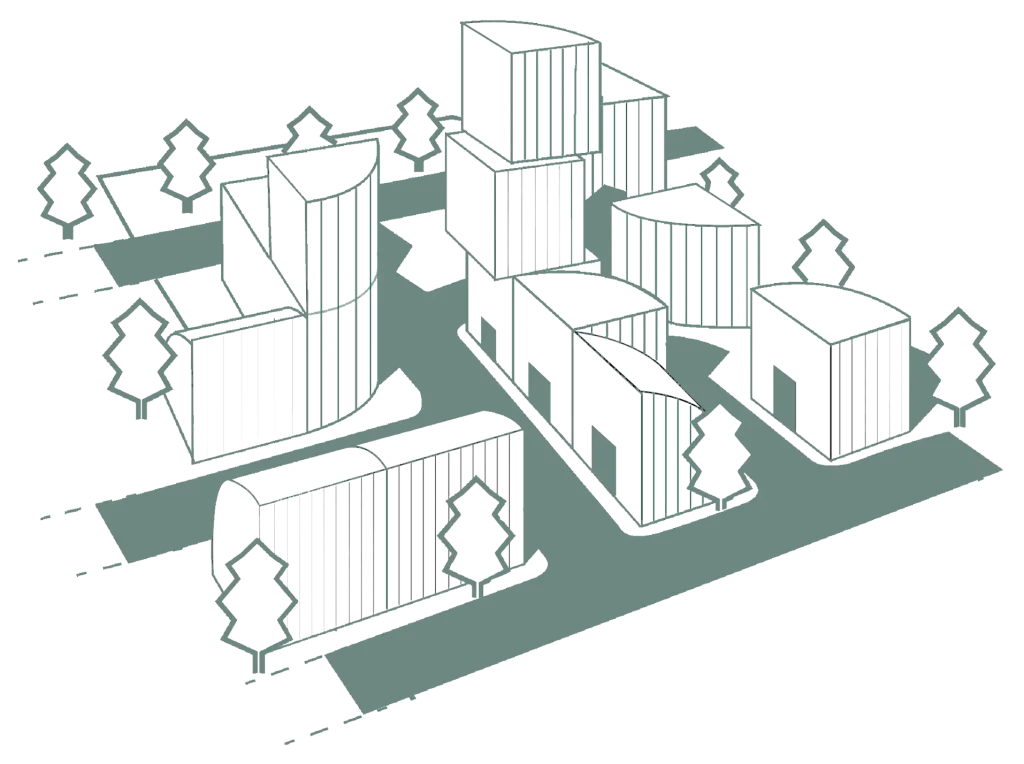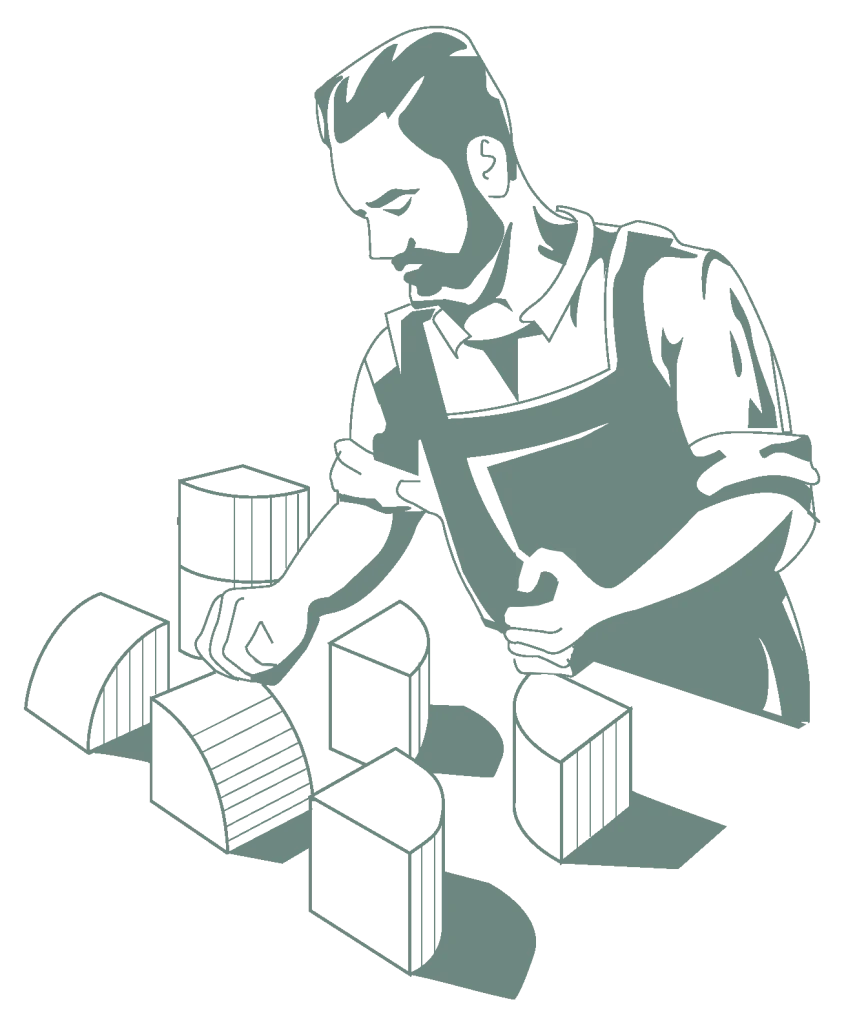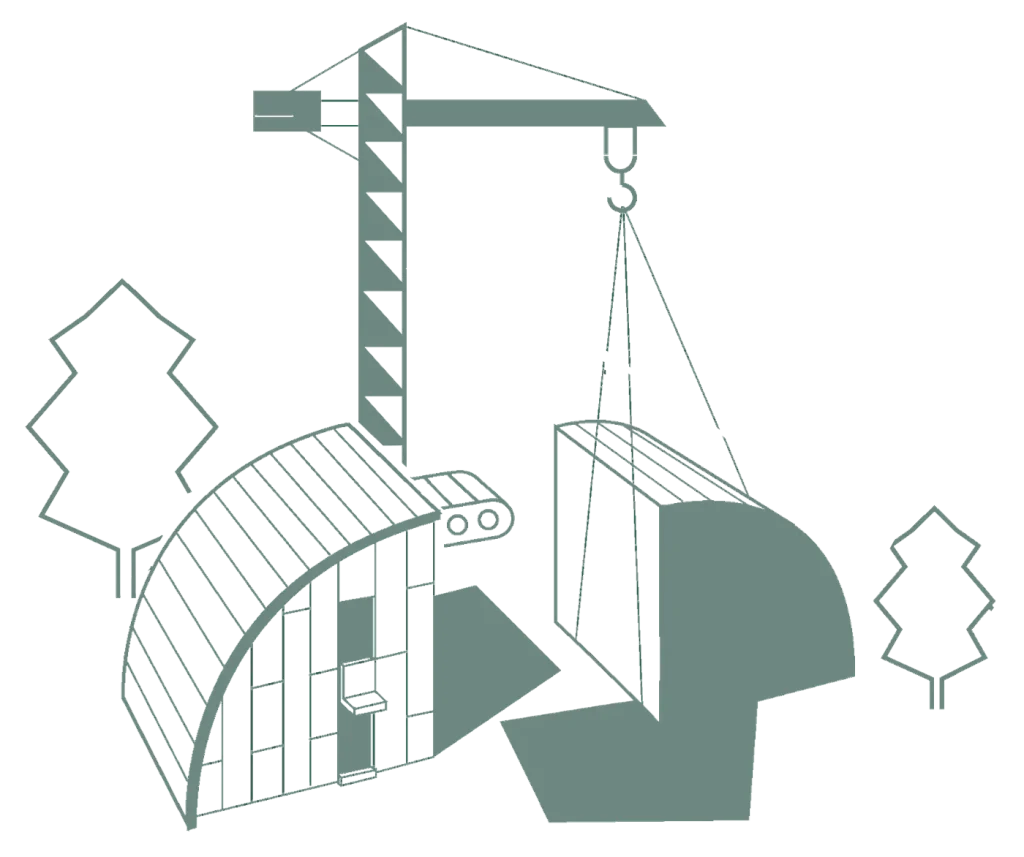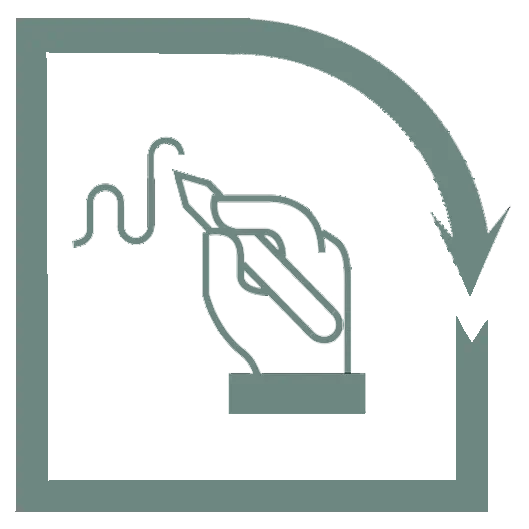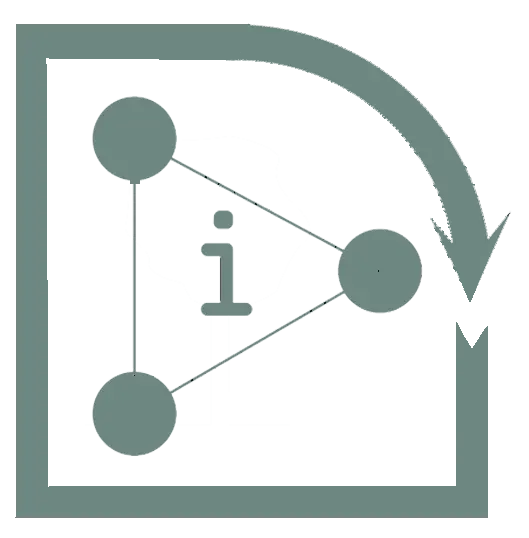
MACROSPHERE SARL
contact@macrosphere.com
+41 78 230 17 25
contact@macrosphere.com
+41 78 230 17 25



In order to create the conditions for environmentally sustainable spatial development, MACROSPHERE is committed to promoting a building culture based on the principles of circularity while creating urban fabrics that remain functional in the long term. If we want to integrate today's urban landscape into a transformation dynamic that leads to its controlled renewal, we must not only achieve greater autonomy for every urban entity, but also connect them to an infrastructure that can withstand a certain adaptability. One of the main protagonists are the people that are living within cities and urbanized areas and we therefore wish to see their involvement being reinforced, so that places become territories where appropriation of space and social interaction can become a permanent reality that is superior to everything else. We must not only design our respective build environments in such a way that they are suitable for the modern collective way of living, but also create places and locations that are able to accommodate changes of all kinds. Because the world is constantly evolving, the building fabric must also be able to react and stay responsive in order to ensure that communities can make optimum use of it. Through an integrative planning strategy, MACROSPHERE aims to create sustainable ecosystems that can be adapted to a "smart and conscious” society, fostering communities of people that are aware of the challenges they are facing and their necessary participation in global ecological transition.

The various strategies and solutions we are willing to offer in terms of urban planning, are based on eco-friendly principles and the promotion of a building culture that allows the natural regeneration of the built environment. At the same time, we are committed to achieve the enhancement of the architectural heritage of every place and city we are working in, thusly ensuring the durability of various tangible as well as intangible components. Throughout a large spectrum of sustainable concepts, MACROSPHERE aims to reduce CO2 emissions from the building industry and to combat the production of waste in the construction sector. Above all, our goal is to preserve the gray energy stored in every building through the recycling and the re-use of materials. By promoting low-cost construction methods, we also want to limit energy costs during construction phase and during the subsequent use of space in time, thusly contributing to the protection of natural resources thanks to approaches such as the transformation of already used building elements into new ones, a basic principle of convertible architecture. Through convertibility, we can ensure that our architectural creations will be more sustainable, as they adapt to different functions, different orientations and social trends. In the field of spatial planning, MACROSPHERE aims above all to create urban fabrics that are suitable for different purposes, architectures that can respond to different needs and thusly enable societies to become more resilient to global change.
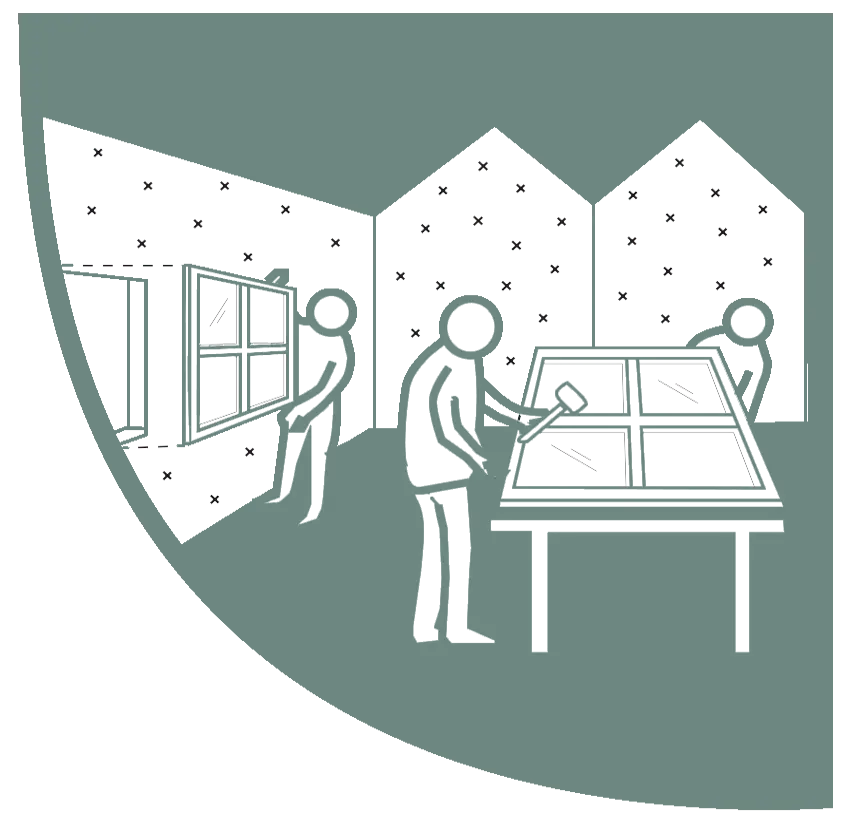
In the search for sustainable solutions in the field of architecture, MACROSPHERE wishes to develop a global approach that can redefine the construction sector, creating systems that integrate the will to foster the participation of local labor and a “way of doing” that is especially based on a circular economy. We are well aware that a sustainable development must not only focus on the environment, but also encourage our society to keep certain professions alive so that we can guarantee that the know-how and experience that have been built up over centuries can be passed on to future generations. While offering high-quality solutions and innovative construction methods that combine new technologies with materials that are coming from energy- and resource-saving production chains, MACROSPHERE implements architectural solutions that can respond well to different situations and needs. In this context, our work is characterized above all by a strong social commitment. In every project we undertake, our goal is to promote artisanal activities by developing solutions that focus on technical performance, require a certain degree of manual work, and encourage the direct contribution of certain specialized professional groups. This leads to effective results that are considered good social models. The idea of integrating local labor into the process allows us to preserve a universal principle of architecture, namely the transmission of fundamental values in art and science that belong to a traditional building culture.
